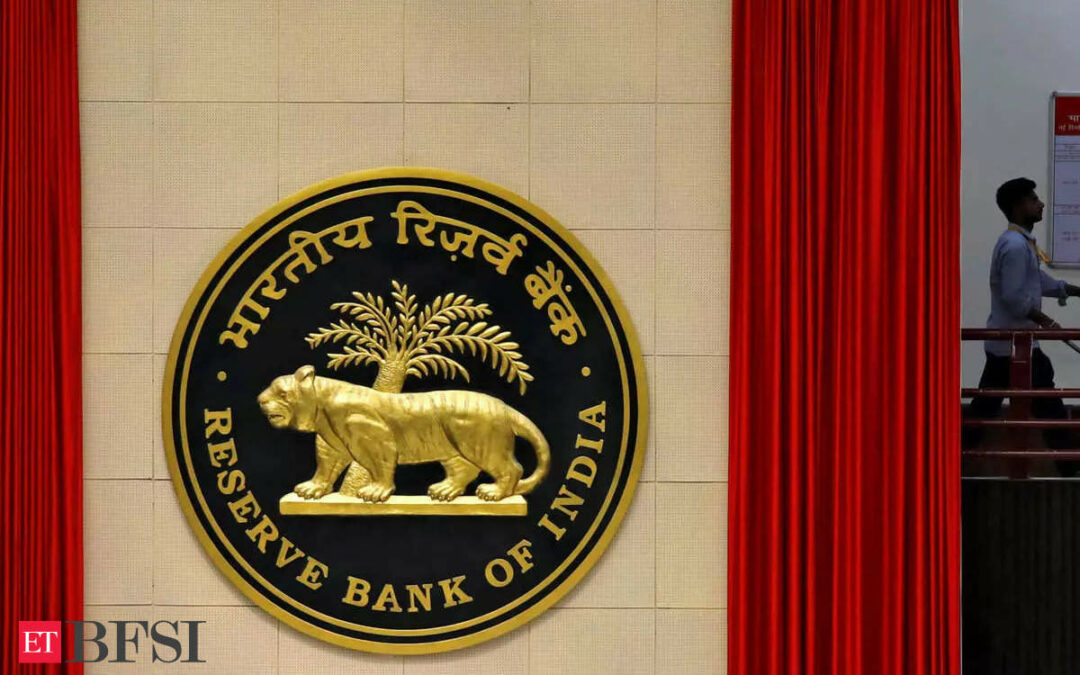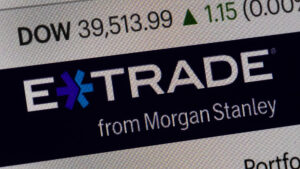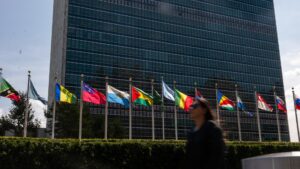New Delhi: The Commodity Participants Association of India (CPAI) on Wednesday sought timely clarification and Frequently Asked Questions (FAQs) document from the stock exchanges on the RBI’s new rule for rupee derivatives that will come into effect on April 5.
The Reserve Bank of India (RBI) in a January 5 circular said the recognised stock exchanges may offer forex derivative contracts involving rupee to users “for the purpose of hedging contracted exposure”.
In 2008, the RBI had allowed transactions in rupee/dollar currency futures to “hedge an exposure to foreign exchange rate risk or otherwise”.
CPAI, in a statement, said the new rule has confused brokers and sought clarification with respect to para 3.4a of the new rule for rupee derivatives.
Para 3.4a states that the stock exchanges will inform clients that while they are not required to provide proof of underlying exposure for positions of up to USD 100 million, the clients have to ensure such exposures exist and that they have not already been hedged.
The association has sought clarification from the RBI as well as stock market exchanges on whether clients are required to have underlying exposure to take position in the currency futures.
If they are required to have underlying exposure, then do the clients need to square off the position before April 5 when the new rule will come into effect, it asked.
The association also sought to know if there is any specific limit of USD 100 million equivalent across all currency pairs involving rupee, put together and combined across all recognised stock exchange that requires users to have underlying exposure.
“We have written to the RBI also regarding concerns surrounding the potential disruption in the market-traded currency futures underlying… We urge the exchanges to issue a timely clarification along with FAQs document to clarify the matter,” CPAI said.
Volumes in the offshore currency futures markets viz. Dubai Gold and Commodities Exchange (DGCX) have steadily increased vis-a-vis on-shore exchanges. The policy makers have also been making efforts to promote trade in India.
“There is a need for prompt and correct communication for the participants… The delay could potentially create a situation of panic at the last moment,” the CPAI added.











